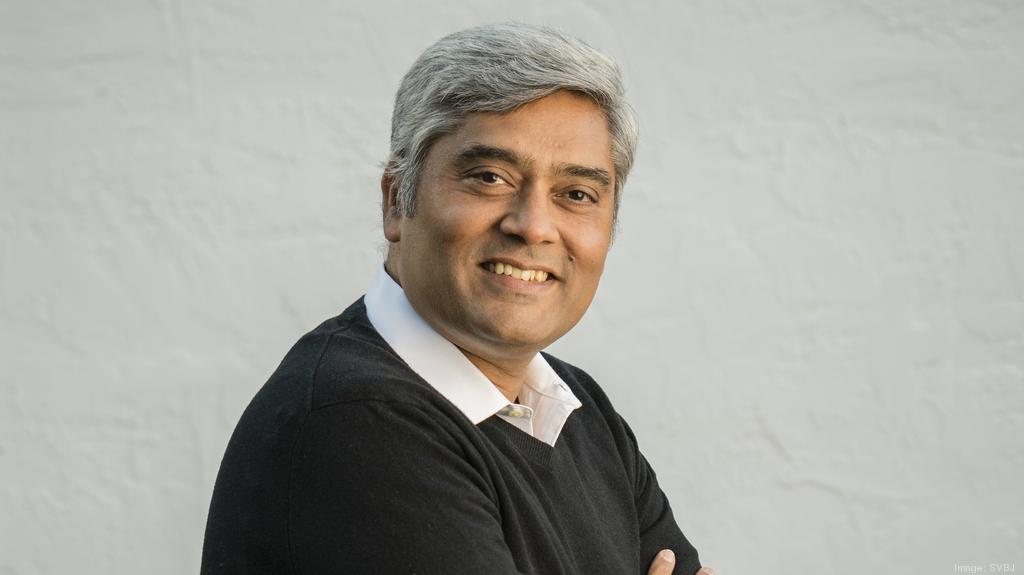(February 22, 2022) Heaps and heaps of rotting marigolds, roses, jasmine, carnations, orchids etc often dot the garbage dumps outside places of worship and function halls. What once adorned deities and hallways is soon turned into a pile of rotting mush. In a country where flowers add a splash of reverence to places of worship and a dash of glamour to significant life events, the amount of floral waste generated can’t be escaped. According to the Journal of Cleaner Production, Elsevier, at least 300 tonnes of flowers are wasted after just a “single use”. Another research by the International Journal for research in Applied Science & Engineering Technology states that annually as much as eight million tonnes of floral waste is dumped into India’s rivers and water bodies leading to clogging of its water ways, pollution, and environmental degradation.
However, there’s a new crop of social entrepreneurs who’re diving headlong into recycling flower waste to help cut down pollution and give discarded blooms a new lease of life. The cherry on the cake is that it also creates livelihoods.
Turning flower into power
One such young entrepreneur is Ankit Agarwal, founder and CEO of Kanpur-based HelpUsGreen, a social enterprise that keeps river Ganges from becoming a victim of worship induced waste. His organization collects more than 2.4 tonnes of floral waste every day and recycles it into organic products like charcoal-free incense, biodegradable organic styrofoam, and animal-free leather while providing livelihood to marginalized women. Recognised by Forbes, Fortune, and Stanford review, HelpUsGreen is the world’s first lean solution provider to the monumental temple waste problem.

Ankit Agarwal, Founder, HelpUsGreen
“When we started questioning our centuries-old religious practices, people thought that it was really nuts. I took it upon myself as a challenge that it can be done and today, we sell a pack of incense sticks every minute. We turn the flower into power,” says Ankit in a video shot by United Nations Environment Program (UNEP).
“Every year more than half a billion Hindus go to temples and worship with flowers. Later these sacred flowers are dumped into water bodies like the river Ganges. The pesticides that are used to grow these flowers mix with the river water making it highly toxic. Why not have a solution which is simple, scalable, and effective? The whole thing has now circled back into the economy giving us a new purpose,” Ankit adds.
His efforts have earned him awards and recognition like United Nations Young Leader for Sustainable Developmental Goals 2018, United Nations Momentum of Change Award, Poland 2018, Fast company world-changing Ideas 2018, Forbes 30 under 30 2018, Unilever Young Entrepreneur award 2017, Gifted Citizen 2017 by Ciudad le das Ideas Mexico, and UNEP Young Champions of Earth 2017 (Asia-Pacific) to name a few.

Flower recycling creates livelihoods
Making waste beautiful
Maya Vivek and Minal Dalmia’s HolyWaste which is a niche offering of their startup Oorvi Sustainable Concepts Pvt Ltd. based in Hyderabad gives floral discards a new lease of life through a process they call FloRejuvenation. “We wanted to get into a business where women and the environment could benefit together. Waste management was a huge area where we could explore possibilities and floral waste seemed niche and full of opportunity. Any problem in the environment affects a woman’s life first. So, she is best suited to think of solutions for that,” Maya tells Global Indian.
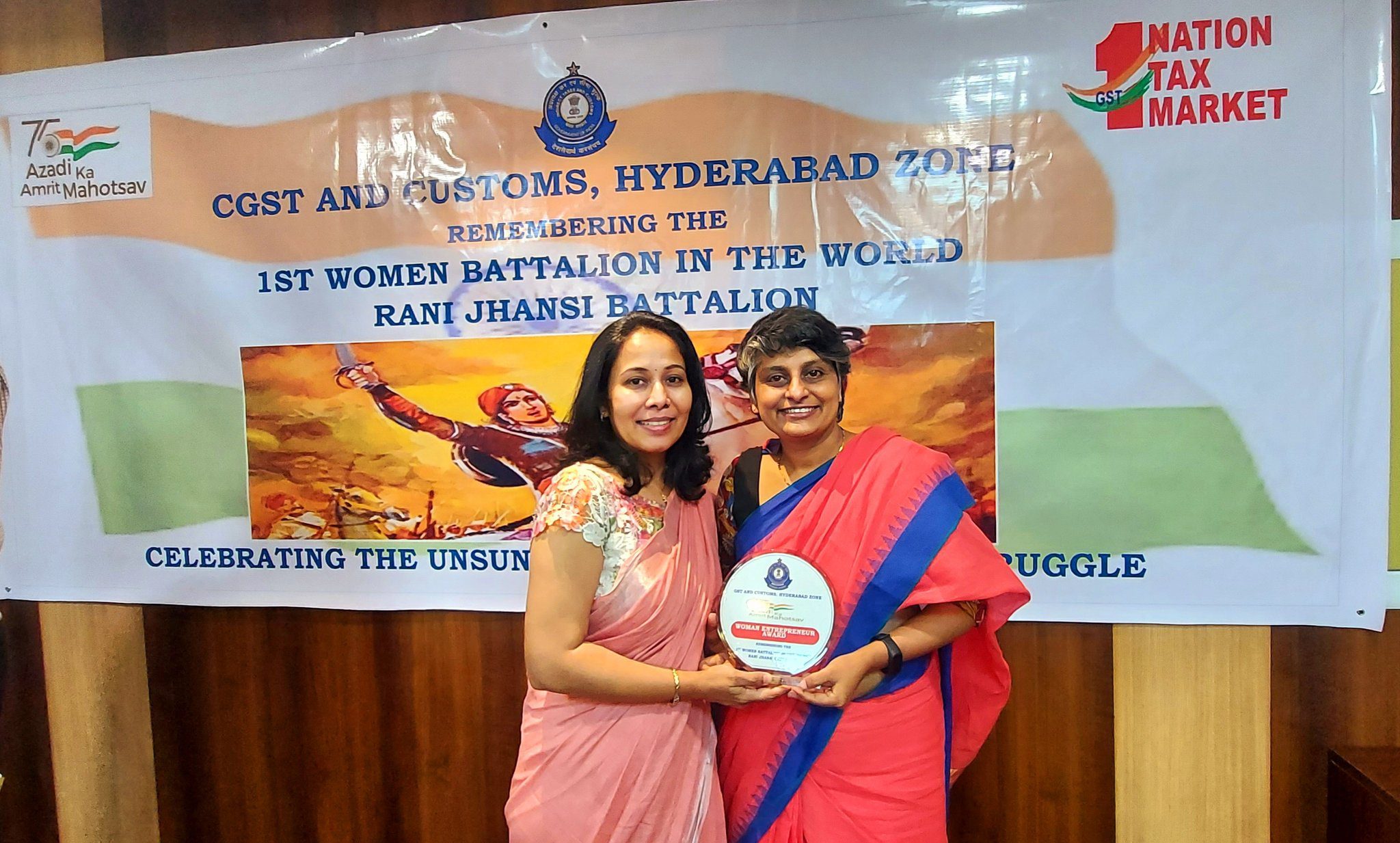
Maya Vivek and Minal Dalmia, Founders, HolyWaste
Though they had begun experimenting since November 2018, they launched their organization in April 2019. “Once we were ready with the prototypes we went ahead and registered the firm,” informs Maya. HolyWaste has been partnering with places of worship, vendors, event planners, decorators, and just about anybody that generates floral waste. When they began, they had just one temple on board. Today, they have grown operations to more than 40 temples. The discarded flowers are recycled into natural fertiliser, incense sticks, incense cones, and soaps by the organisation.
When they first began operations, HolyWaste was functioning out of the village community hall provided to them by the sarpanch of Gundlapochampally to benefit women of the locality. Now, they have moved to a rented space in the vicinity. The startup has won the Best Green Startup award 2019 under Eco Ideas of Green India Awards.

Making waste beautiful
Putting flowers to good use
Another flower recycling venture is Aaruhi Enterprises that was started in 2019 by Poonam Sherawat and Pinky Yadav. “At temples, I’d often see flowers being offered to the deity being dumped almost immediately. It was disturbing, especially when we are taught that whatever is offered to God should not be wasted. That made me realise the monumental amount of waste being generated across temples in the country,” says Poonam in a conversation with Global Indian.
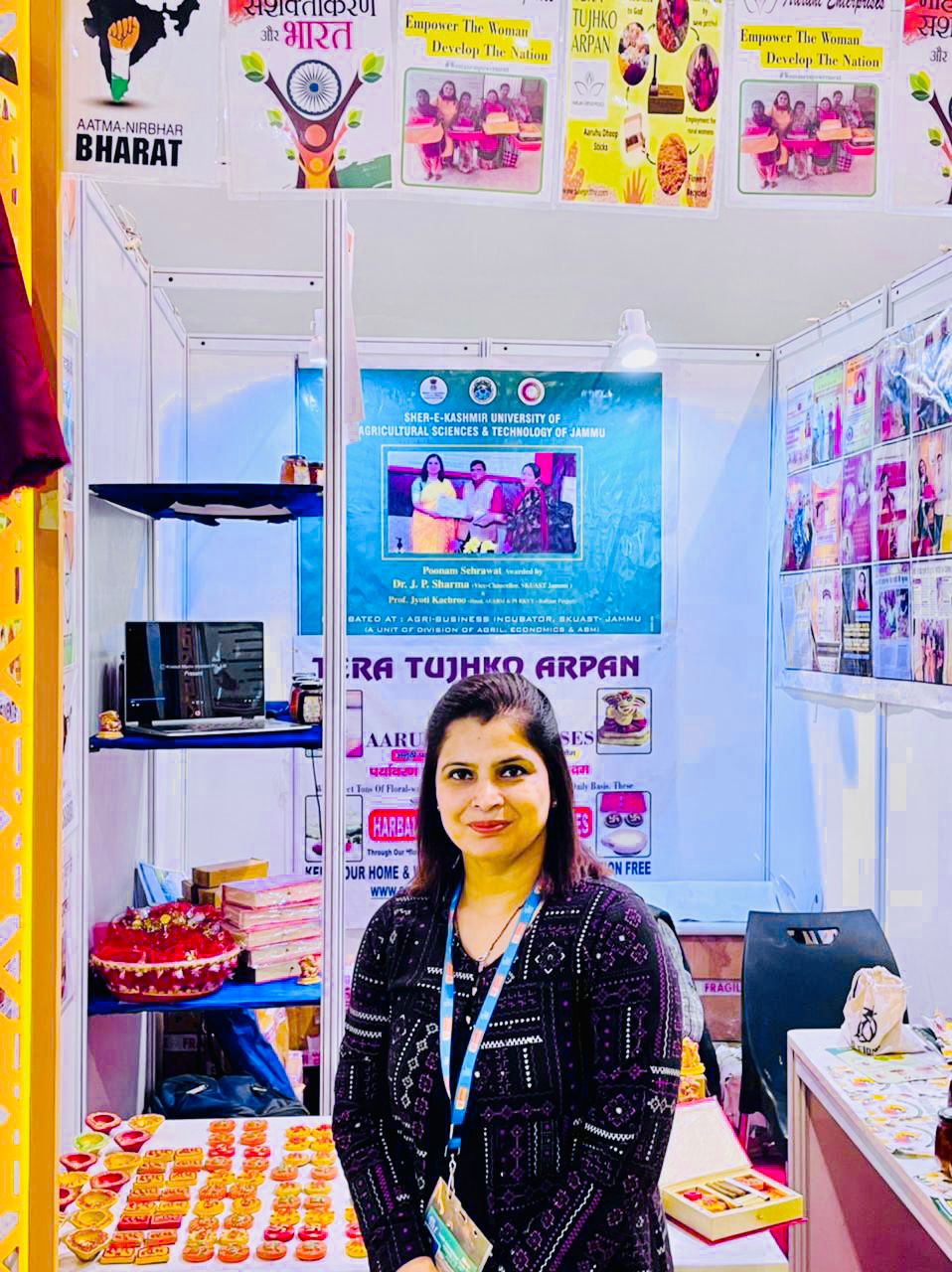
Poonam Sherawat, Founder, Aaruhi Enterprises
Poonam and Pinky operate from Gurugram. The duo has placed containers in temples to collect discarded flowers from temple authorities. “Initially, the flowers in our container would be accompanied by other waste like milk packets, banana peels, and empty incense packets. We would then segregate the flowers and recycle the rest. Once our first batch of products was ready, we donated them to the temples where we’d collected the waste from,” smiles Poonam, adding that they didn’t need to segregate waste thereafter.
The entrepreneurs have been making dhoop-baati, idols, decorative pieces, and even fresheners from garland threads. Aaruhi currently employees five women and has trained 500 others to make floral products. “We have trained Kashmiri migrants in Jammu, Gurgaon self-help groups, and even people under the government’s skill development programs,” informs Poonam.
As these social entrepreneurs continue to make headway into what is a mammoth industry, the floor is open for several more to join in and begin making a difference. Given the scale of flowers being used across India every single day, the opportunity floral discards present to budding entrepreneurs is manifold.



 Rashim Mogha[/caption]
Rashim Mogha[/caption]




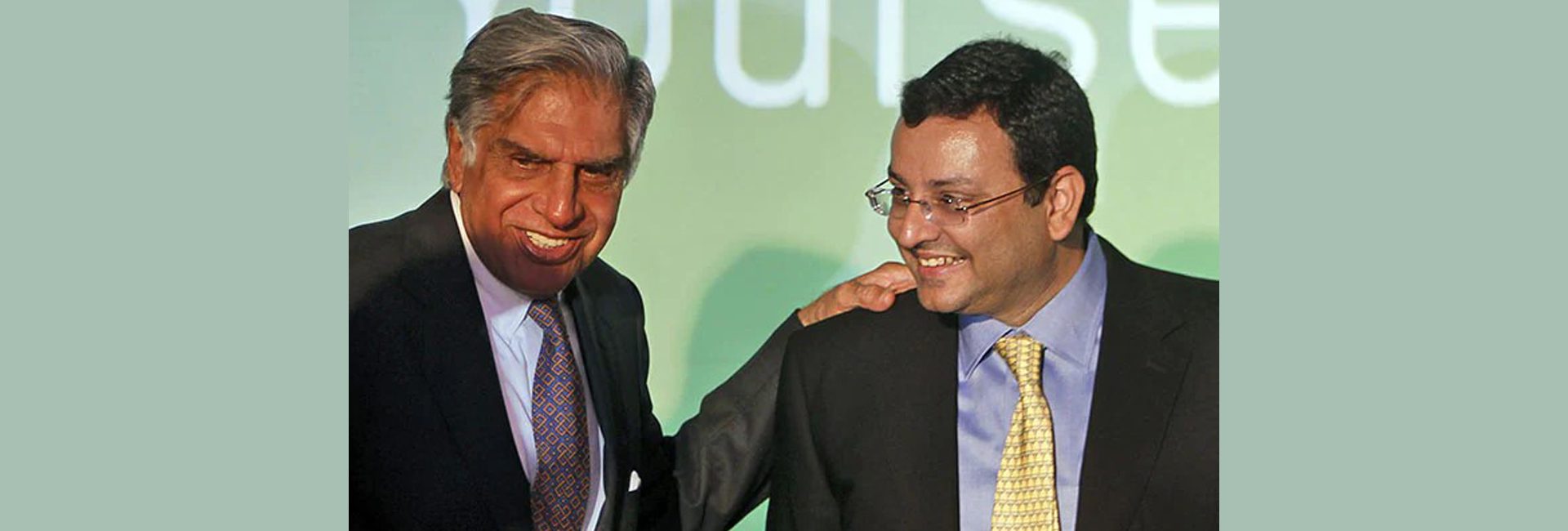
 Cyrus Mistry with Prime Minister Modi in 2016[/caption]
Cyrus Mistry with Prime Minister Modi in 2016[/caption] Vallarpadam Railway Bridge, the longest in India, contructed by Shapoorji Pallanji & Co[/caption]
Vallarpadam Railway Bridge, the longest in India, contructed by Shapoorji Pallanji & Co[/caption]
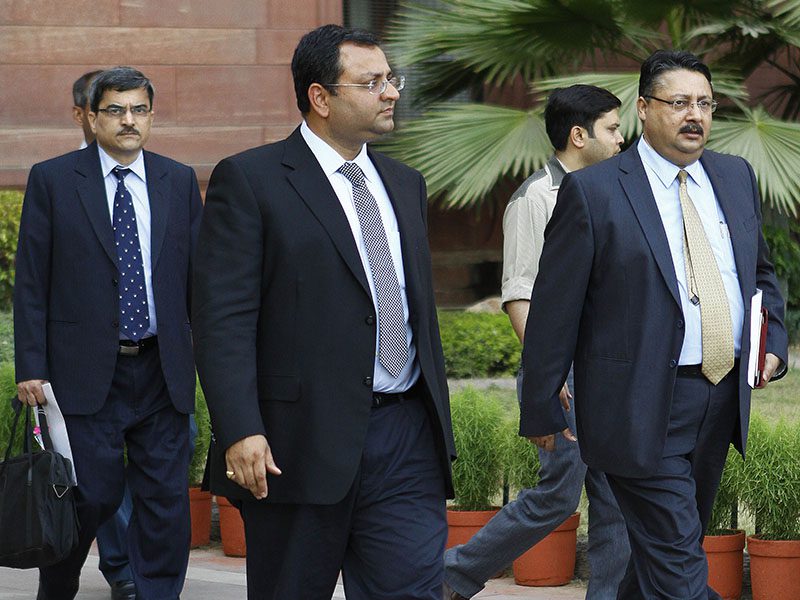 Tata Group Chairman Cyrus Mistry after a meeting at the Finance Ministry on May 29, 2012 in New Delhi, India. (Photo by Vipin Kumar / Hindustan Times via Getty Images)[/caption]
Tata Group Chairman Cyrus Mistry after a meeting at the Finance Ministry on May 29, 2012 in New Delhi, India. (Photo by Vipin Kumar / Hindustan Times via Getty Images)[/caption]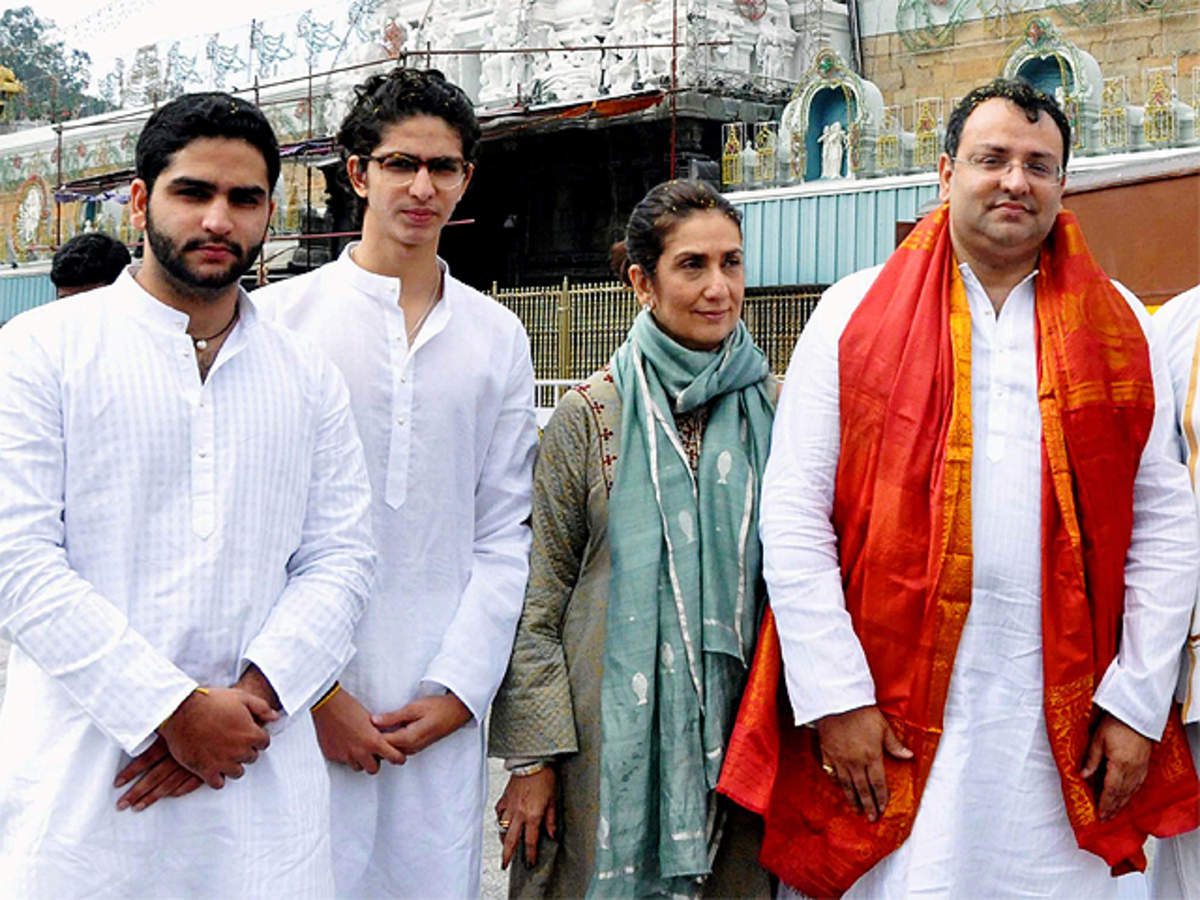 Cyrus Mistry and his family[/caption]
Cyrus Mistry and his family[/caption]
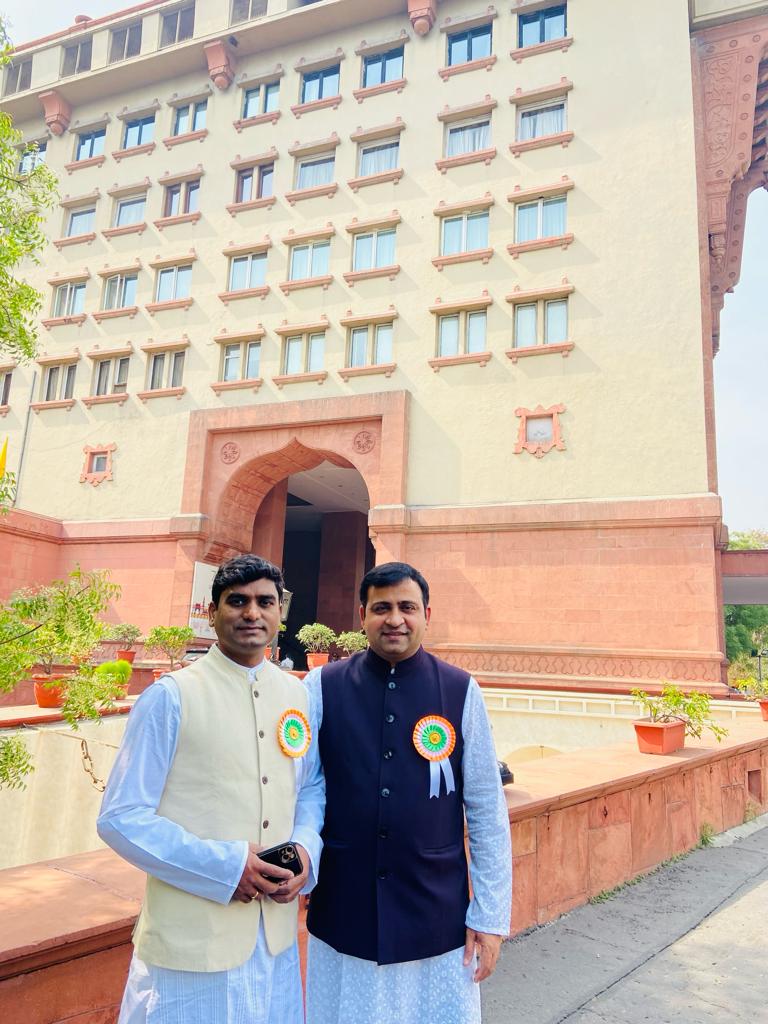 Rajnish with SmartGaon co-founder Yogesh[/caption]
Rajnish with SmartGaon co-founder Yogesh[/caption]


